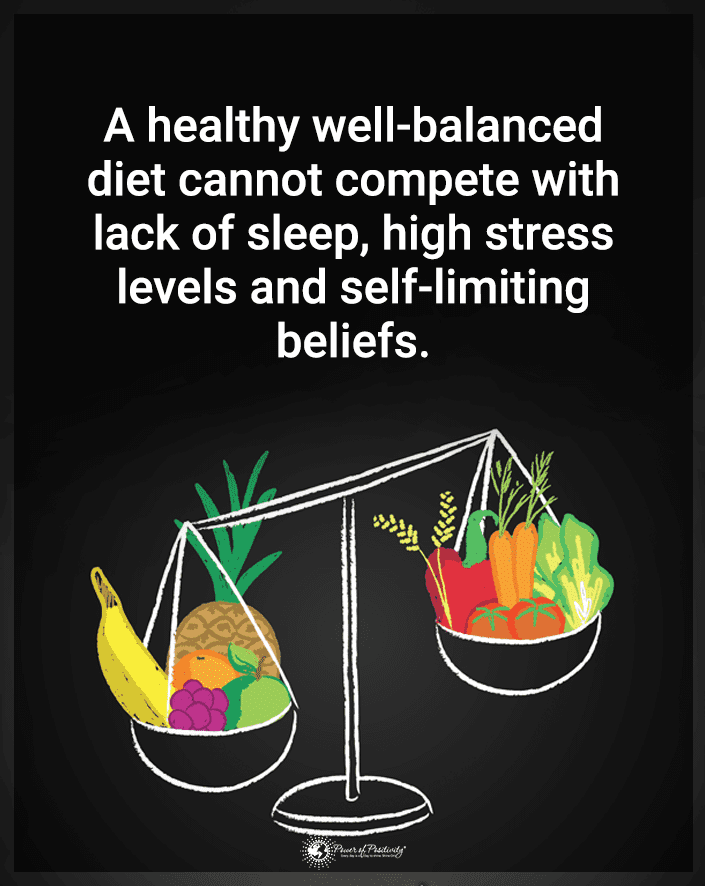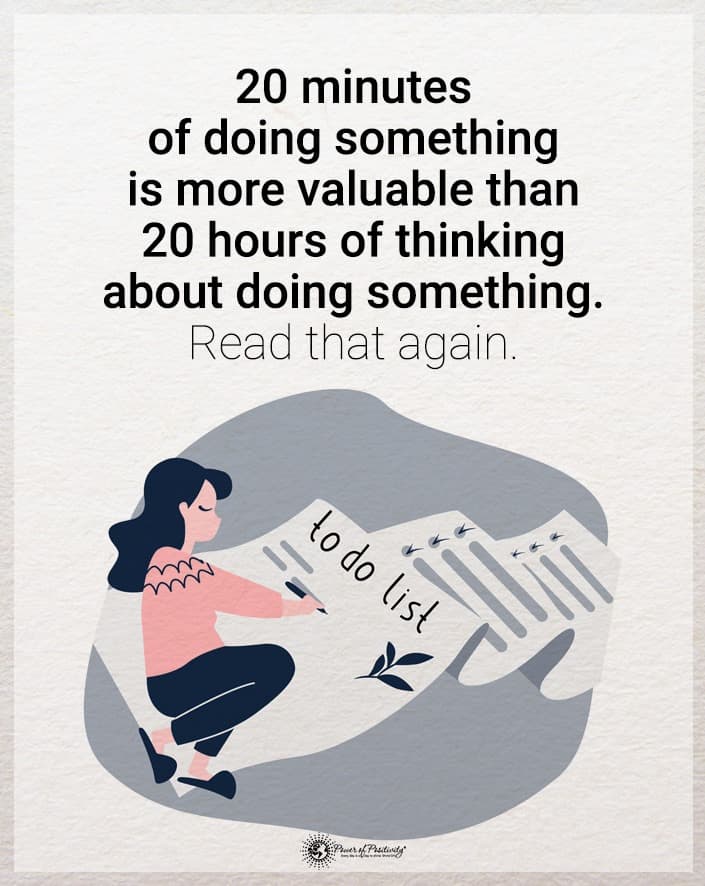Security experts and psychologists provide strategies for identifying and protecting oneself from con artists.
Understanding the dangers of a con artist is essential for protecting yourself against scams and fraud. Their predatory tactics can harm you and your finances, but there are things you can do to protect yourself.
Scammers are skilled at predatory tactics that involve preying on emotions to trick people. You can become well-informed to protect yourself and your financial well-being from falling victim.
Taking your time before making decisions and researching the individual or business are ideal ways to protect yourself. However, you’ll want to understand con artists, their common tactics, and how to handle them.
Understanding the Con Artist
Con artists practice common scams, so it helps when you know what to watch for. It can help you understand fraud and alleviate your risk of predatory methods.
Scammers often use software to disguise their email address or phone number and make it look like it’s from a legitimate source. This technique is called spoofing and is one reason people fall for scams.
Con artists are often narcissists and exhibit personality traits enabling them to feel okay about scamming people. They typically try to look wealthy by dressing well and working in fancy offices. It helps them look successful and professional, making you more likely to believe them.
Scammers tend to distract their victims to divert attention. They’ll also mirror your body language to encourage empathy and trust.
Know these frequent con artist scams:
Some common scams to watch for include situations that seem too good to be true. Scammers also frequently use online romance scams to obtain money or information.
A specific common scam is when someone claims to be with the Internal Revenue Service (IRS). They’ll say you must pay money or go to jail, causing fear and the urge to remedy the situation immediately. However, the IRS doesn’t contact people this way, so don’t fall for it if it happens to you.
Sometimes scammers will say you’ve won the lottery or another prize but must pay a processing fee first. When this happens, if you pay the money, you won’t hear from them again and never receive a prize.
Paying in advance for things is often a red flag, as well. A scammer might tell you to pay a down payment or processing fee to receive items or services. Once you pay, you’ll never receive whatever you thought you were paying for.
Recognizing Manipulative Tactics and Predatory Behaviors
Con artists use manipulative tactics and psychological tricks to accomplish their sketchy goals. They use emotional manipulation because it’s easier to convince their victims when emotions get heightened. Scammers also get to know their victims to discover what they want or need to manipulate them.
Online romance scams are one type of persuasion technique that involves predatory behavior and psychological manipulation. Scammers may use fake photos to romantically connect online, seeming to genuinely care about you, and then steal from you after gaining your trust. They’ll wait until you’re comfortable and manipulate you to give them money or other things.
Some of the persuasion techniques con artists use include:
- using misleading language to add credibility and grandiosity
- making you afraid about something to push you to act quickly
- complimenting their target to gain trust
- promising to help the victim reach their dreams or get rich
- starting with small requests and building up to bigger ones
- mirroring your body language and pretending to like the same things as you
Importance of Personal Information Security
Safeguarding your personal information is essential to preventing identity theft and fraud. Scammers often obtain and use personal information to steal money, and it often occurs online. They may use emails, phone calls, or text messages to convince you to reveal the information they want.
Scammers can use bank and credit card information or social security numbers to obtain what they want. They can steal your money, assets, and identity, so keeping this information private is essential.
You can implement online security measures by:
- using strong passwords
- updating your software
- don’t share your passwords or PIN
- being cautious about clicking links
- ignoring emails that ask you to click a link and share personal information
- don’t download attachments from unknown sources
- avoiding using a public computer for online shopping or entering personal information
- viewing your credit report regularly
The Power of Skepticism
Skepticism and critical thinking can help you protect yourself from con artists, so always be mindful of your money. It’s okay to question things and take time to fact-check everything. This extra step can save you from revealing personal information to the wrong person.
If an offer seems too good to be true, it’s okay to question it. Con artists use these situations to try and rope you in before you can think about it. Don’t let someone rush you into deciding because it’s worthwhile to do your research first.
Don’t give information if you ever doubt the validity of an offer or request that requires you to give personal data. It’s best to be cautious and turn down the requests if you’re unsure how your information will get used.
Being skeptical reminds you to take the time to review offers or claims. You’ll be more likely to analyze the information and look for inconsistencies or vague explanations. Skepticism also encourages you to check online complaints about the company or person, enlightening you about other people’s experiences.
Verifying Credentials and Legitimacy
Checking credentials before doing any transactions can save you from the tactics of a con artist. Verification and legitimacy checks should always occur before you give any personal information so you don’t experience fraud.
Asking someone for their credentials can sometimes be all it takes to determine if they’re a con artist. Most companies requesting personal information have regulations requiring them to provide the information. If someone can’t, they may not be who they say they are.
You can search online for complaints by typing in the company or person’s name. If you don’t see the results you’re looking for, you can add the words “scam” to the search and try again.
When other people have issues, they’ll likely share their experiences so others don’t fall victim to the same scam. The Federal Trade Commission will also send you fraud alerts if you sign up for free, helping you stay aware of new scams.
Maintaining Financial Awareness
Maintaining financial awareness is one of the best ways to protect yourself from con artists and their predatory behavior. It can help you avoid money scams and practice financial safety. Some ways to avoid this predatory behavior include:
- not sharing personal or financial information with anyone
- avoiding paying upfront for prizes, goods, or services
- staying up to date on new scams so you can identify them, understand the risks, and learn to avoid them
- prioritizing cybersecurity
- questioning all deals and requests
The Role of Reporting and Legal Action
Reporting scams or suspected fraud to law enforcement can help stop con artists. Plus, pursuing legal action might be necessary if they steal your money or identity. Throughout the experience, write down all details, no matter how minor they seem. Include the person’s name, phone number, and everything they said.
Additionally, make copies of any documents, like emails or letters. Keeping a good record can help you report scams and take legal action.
You can contact the FTC to file a complaint about a scammer online or call them at 1-877-382-4357. Another option is to report the scam to the Federal Bureau of Investigation (FBI). You can contact your local FBI office or anonymously submit a tip online.
Other options include contacting local law enforcement, including the police department or the state attorney general’s office. You can also discuss your situation with a lawyer to get more advice on how you can handle the situation.
It’s also essential to immediately report potential fraud to your bank or credit card company. They can place restrictions on your account to prevent money from being pulled, and it makes them aware of the situation if someone has already accessed your account.
Educating Yourself and Others
The more you know about con artists, the better you can protect yourself. Community awareness and education are essential because it helps you and teaches those around you. Knowledge sharing allows you to tell others what you learned, and you’ll likely gain wisdom from their insights and experiences, too.
Scammers often change tactics to prevent people from recognizing it as a scam. Staying educated is essential to stay informed of recent fraud in your community or online. It’ll also help you recognize potential signs of a scam so you’ll be prepared for a proactive defense.

Final Thoughts on Recognizing the Predatory Behaviors of a Con Artist
Protecting yourself from con artists can help avoid many issues, including financial mishaps and stress. Being skeptical and practicing personal security is essential, so don’t feel bad for not believing everyone. Community awareness is also beneficial because it can help stop some of the issues in your area while protecting others.
These strategies against scams and fraud can help you keep your personal information and finances safe. Staying vigilant and reporting suspicious activities to law enforcement can make a difference for you and others in the community.















 · Failure Teaches Humility
· Failure Teaches Humility · Failure Prevents Rumination
· Failure Prevents Rumination Final Thoughts On Some Ways Failure Can Help Boost Productivity
Final Thoughts On Some Ways Failure Can Help Boost Productivity

